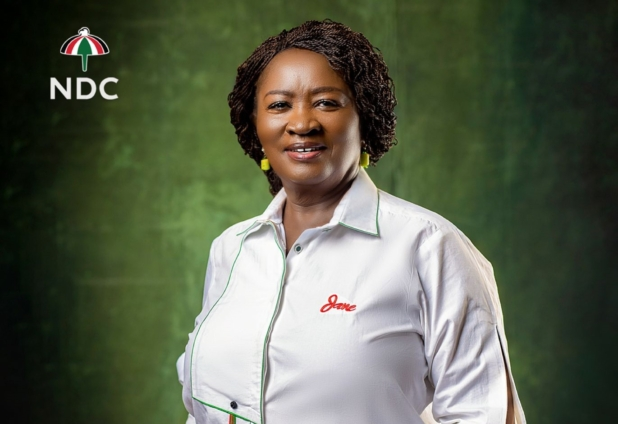
Across Africa, the path to political leadership for women has often been fraught with societal and systemic challenges. However, women leaders have continued to rise, breaking barriers and inspiring generations. As of 2025, Africa has seen only 55 women elected to the highest offices, three acting presidents, six elected presidents, and 16 vice presidents. This statistic underscores the significance of Ghana’s historic moment on January 7, 2025, when Professor Jane Naana Opoku-Agyemang was sworn in as the nation’s first female Vice President.
A symbol of progress and resilience, her journey from academia to politics has reshaped narratives about women in leadership. Her inauguration, graced by African leaders and global dignitaries, was a celebration of her pioneering achievements and a beacon of hope for women across the continent.
Early Life and Education: A Foundation of Excellence
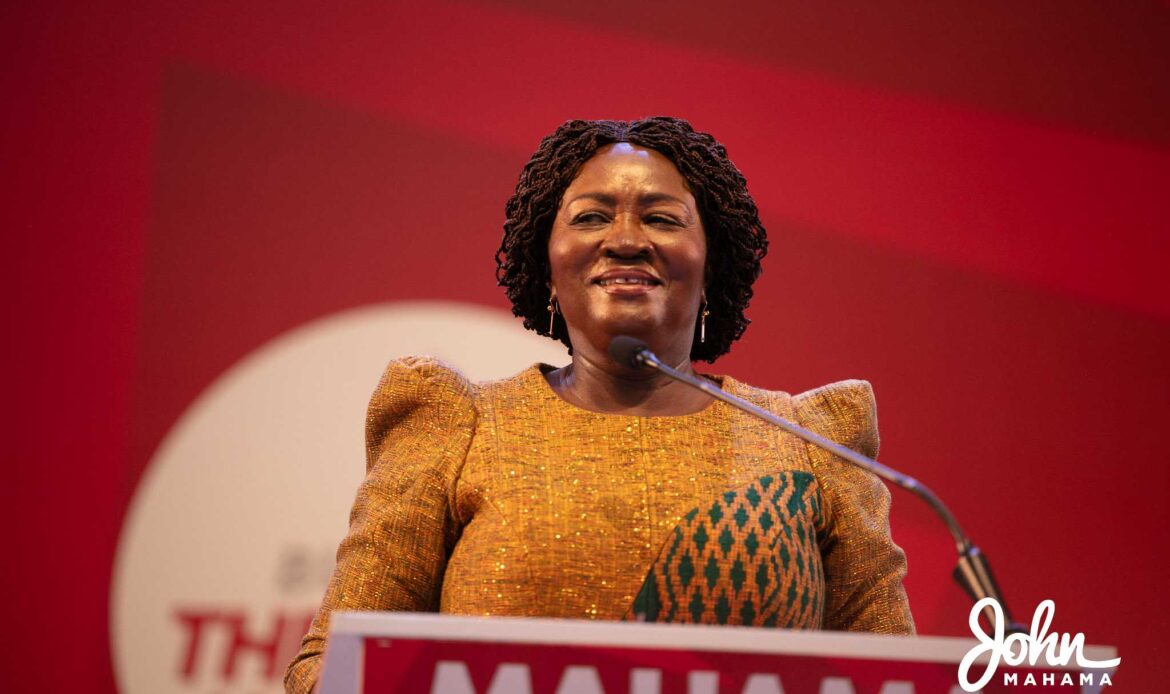
Born on November 22, 1951, in Komenda, Central Region, Jane Naana Opoku-Agyemang’s early life was shaped by strong values and an insatiable thirst for knowledge. She attended Wesley Girls’ High School in Cape Coast, a premier institution that instilled discipline and excellence. Her academic prowess was evident as she pursued a B.Ed. in English and French at the University of Cape Coast.
Her intellectual journey did not stop there. She earned a Diploma in Advanced Studies in French from the University of Dakar and proceeded to York University in Canada, where she achieved her Master’s and Ph.D. in English Literature. Her academic achievements positioned her as a scholar of international repute, deeply rooted in Ghanaian and global contexts.
Opoku-Agyemang’s early life also reflected her resilience. Growing up in a region where opportunities for women were limited, she defied societal expectations, pursuing education with tenacity and becoming a role model for girls across Ghana.
Read: Ghana Inaugurates Her First Female Vice President, Jane Naana Opoku-Agyemang
A Storied Academic Career
Opoku-Agyemang began her academic career 1986 at the University of Cape Coast (UCC). Over the years, she held several leadership positions, including Head of the Department of English, Dean of the Faculty of Arts, and Founding Dean of the School of Graduate Studies and Research. Her innovative leadership culminated in her appointment as the first female Vice-Chancellor of a public university in Ghana in 2008—a milestone that shattered long-standing gender norms in academia.
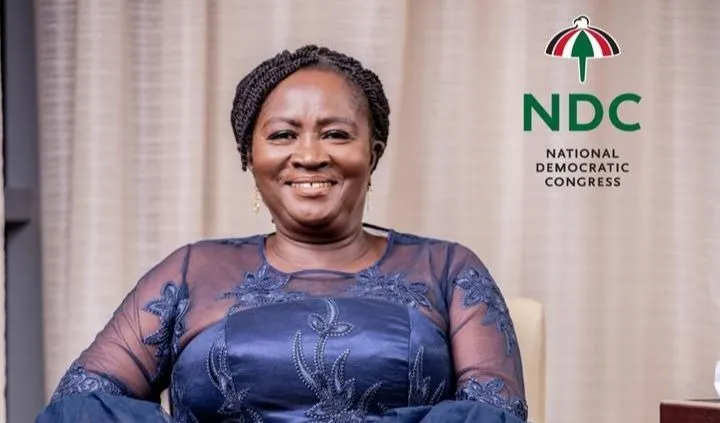
Her contributions to education extended beyond the university. As Ghana’s representative on UNESCO’s Executive Board, she advocated for education policies that promoted inclusivity and cultural preservation. Her academic influence also resonated globally; she delivered a landmark lecture at the 200th Anniversary of the Abolition of Slavery at the United Nations in 2007, emphasizing Africa’s resilience and contributions to global history.
During her tenure as Vice Chancellor, she championed gender equality, created opportunities for women in higher education, and ensured the university became a hub for academic excellence.
The Bold Leap From Academia to Politics
In 2013, Opoku-Agyemang transitioned into politics when she was appointed Minister for Education under President John Mahama’s administration. Her tenure was marked by transformative reforms that addressed systemic challenges in Ghana’s education sector.
- Inclusive Education Policy (2015): This groundbreaking initiative integrated children with special needs into mainstream schools, fostering equal opportunities for all.
- Technical Universities Conversion: She oversaw the elevation of 10 polytechnics into technical universities, enhancing vocational education and aligning it with global standards.
- E-Blocks Initiative: Her leadership saw the construction of 124 Community Day Senior High Schools, of which 50 were operational by the end of her term. These schools provided modern facilities to underserved areas, bridging the urban-rural education gap.
Opoku-Agyemang’s work as Education Minister cemented her legacy as a reformist committed to improving accessibility, inclusivity, and quality in education.
The Vice Presidential Campaign: A Historic Victory
In 2020, Opoku-Agyemang made history as the first woman to be selected as the running mate for a major political party in Ghana. Though she and Mahama narrowly lost the election, her selection was a pivotal moment for gender representation in Ghanaian politics.
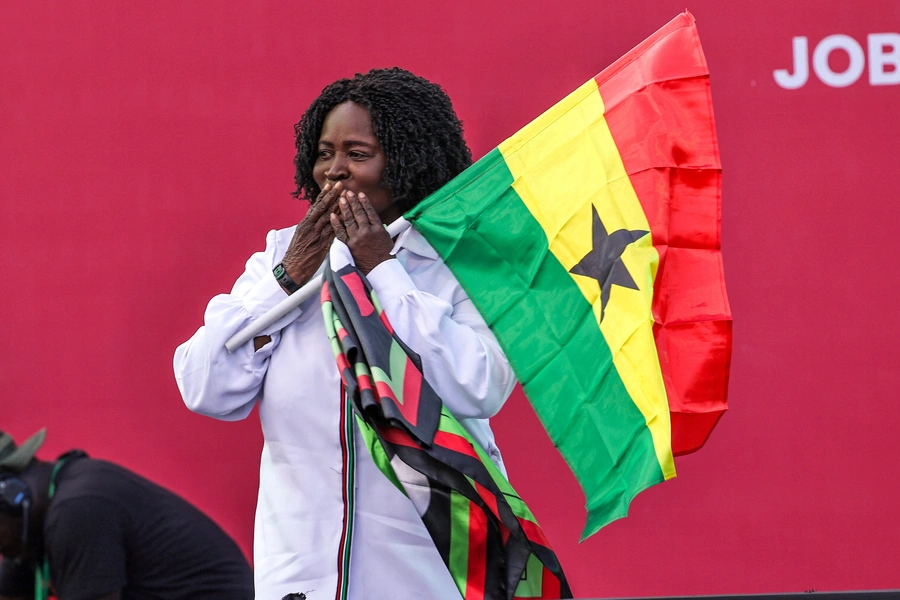
Undeterred, she was re-nominated in 2024, and her relentless campaign focused on youth empowerment, gender equality, and sustainable development. Her efforts paid off when Mahama secured a decisive victory, and Opoku-Agyemang became Ghana’s first female Vice President.
Her campaign stood out for its focus on policies rather than personal attacks, a strategy resonating with voters nationwide. Her presence on the ticket inspired women and girls, showcasing what was possible when opportunity met determination.
Breaking Barriers: A Legacy in the Making
As Ghana’s Vice President, Opoku-Agyemang has become a symbol of inclusivity and progress. Her leadership is expected to focus on three key areas:
- Education Reform: Building on her academic and ministerial experience, she aims to expand access to quality education and bridge gender gaps.
- Youth Empowerment: Her policies prioritize job creation and skill development, addressing youth unemployment and preparing the next generation for leadership.
- Gender Equality: Opoku-Agyemang’s journey underscores the importance of women in leadership, and her tenure is expected to champion policies that promote gender equity across sectors.
Her rise to the Vice Presidency is not just a personal achievement but a societal milestone. As the 55th woman in Africa to hold an executive position, her story is a testament to the progress being made on the continent.
Read: Ghana’s New President and the Power of Symbolism: A Message in Every Stitch
A Beacon of Hope for Africa
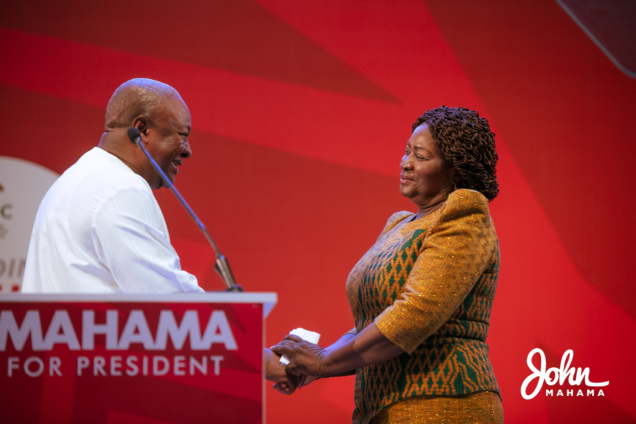
Jane Naana Opoku-Agyemang’s journey from a small town in Ghana to the Vice Presidency is a powerful reminder of what can be achieved through resilience, vision, and a commitment to service. Her story inspires not only women but all Ghanaians, highlighting the transformative power of education and inclusive leadership.
As she steps into her historic role, Opoku-Agyemang carries the hopes of millions who see a brighter, more equitable future in her. Ghana, and indeed Africa, stands at the cusp of a new era, one where leadership reflects the diversity and potential of its people.
